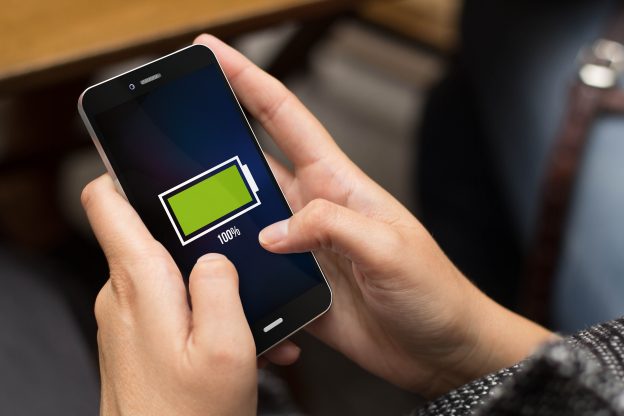
The outbreak of the COVID-19 pandemic has drastically altered the patterns of everyday life in various countries, where new norms including the mandatory mask wearing, the propaganda of working from home, and the avoidance of crowded areas, have derived in the hope of minimizing the spreading of virus and the possibility of infection. Despite saving commuting expenses, household pandemic prevention measures come with a hefty price of surging residential electricity bills.
Take the US for instance, the research team at the Tufts University has discovered that the residential electricity consumption had increased by 10% during the second quarter of 2020, indicating that US households experienced an additional US$6 billion of total expenditure due to the increase in electricity between April and July.
Steve Cicala, professor of economics at the Tufts University, pointed out that residential electricity consumption has been decreasing in recent years as residences started to use high-efficiency LED lights, high-efficiency appliances, and even install rooftop solar panels to save electricity bills. However, the substantial growth in residential electricity during the second quarter this year had elevated the expenditure of consumers, which instead benefitted utility power companies.
Cicala commented that electricity consumption usually varies between 1% per year, and the 10% increase this year fully displays the impact induced by the pandemic. The study also revealed that enterprise electricity consumption has gone down significantly, and the load curve during work days is almost identical to that of holidays. Although enterprise electricity consumption began climbing after May, it remains lower than residential electricity consumption, and the electricity consumption in the US during July had experienced a YoY increment on the whole.
Cicala used Texas as an example. Texas was one of the states that reinitiated economy in July alongside California and Florida, and judging by the data of electricity consumption, a lot of people are still more willing to stay or work at home, probably because of the frequent record high numbers of hospitalized coronavirus patients after lockdown alleviation, as well as the fluctuation in the pandemic status.
However, the increase in residential electricity consumption means that the burden on electricity bills has also elevated, though Cicala commented that this will be the perfect opportunity for residents in considering the use of power-saving devices, such as replacing old light bulbs with LED, retiring plasma TVs and power consuming equipment, or installing rooftop solar panels and sharing solar systems with the community. Cicala believes that residential electricity consumption did not exhibit any changes during the 2008 financial crisis, despite the simultaneous reduction in industrial electricity consumption and unemployment rate then.
Webster’s Dictionary and Collins Dictionary that are regarded as the fathers of US academia and education have chosen “pandemic” and “lockdown” as the words of 2020 as the pandemic rages globally. Although the breakthrough on the vaccine has slightly invigorated the gloomy sentiment, the global pandemic status remains uncertain, and that the future will hold variables.
(Cover photo source: pixabay)







